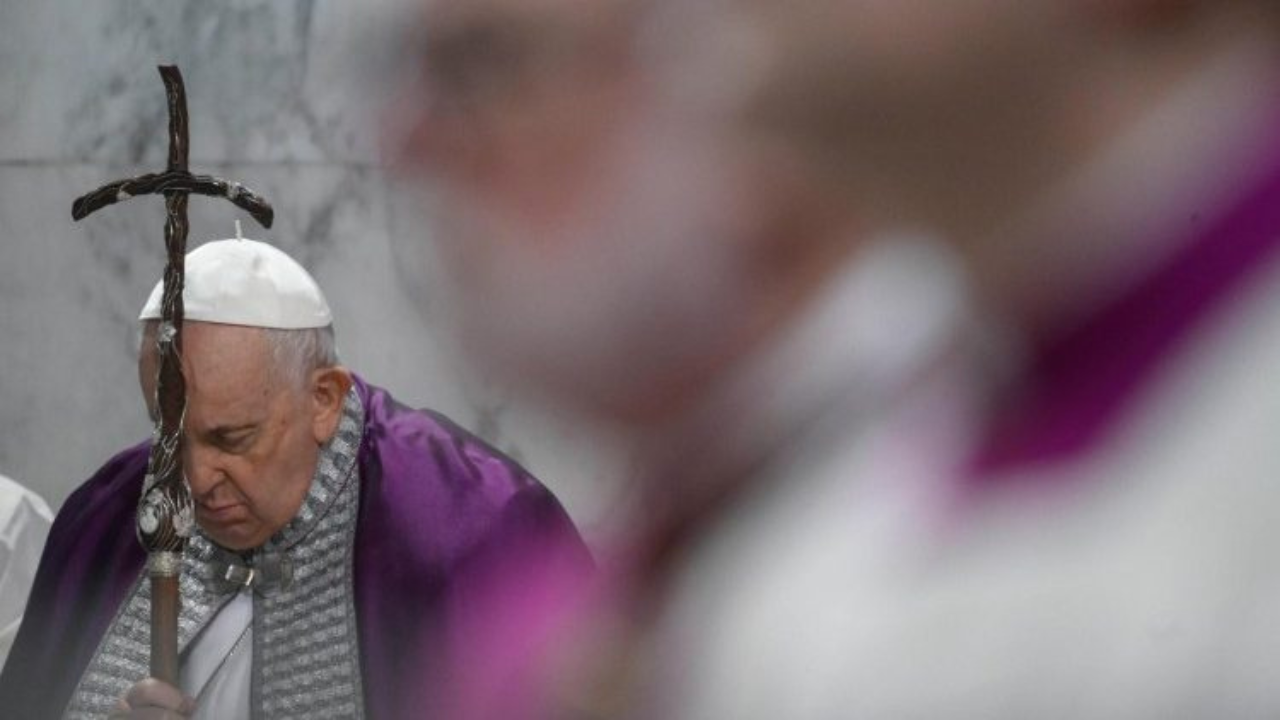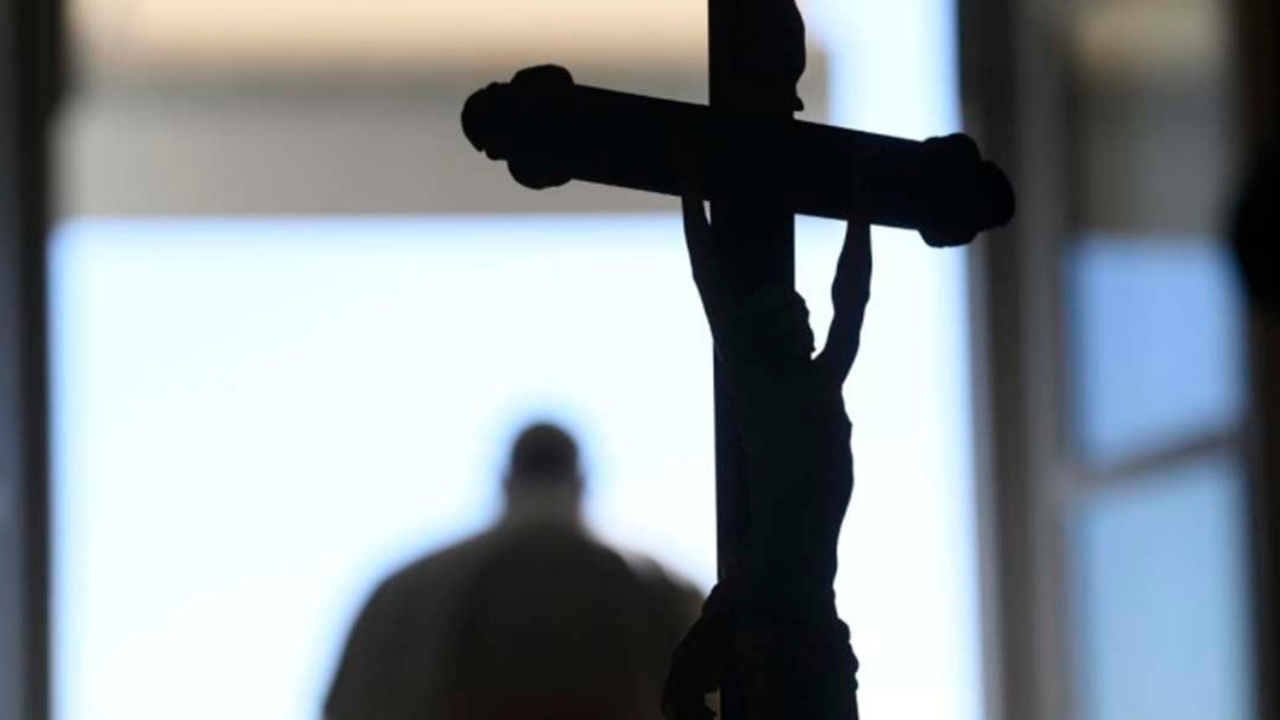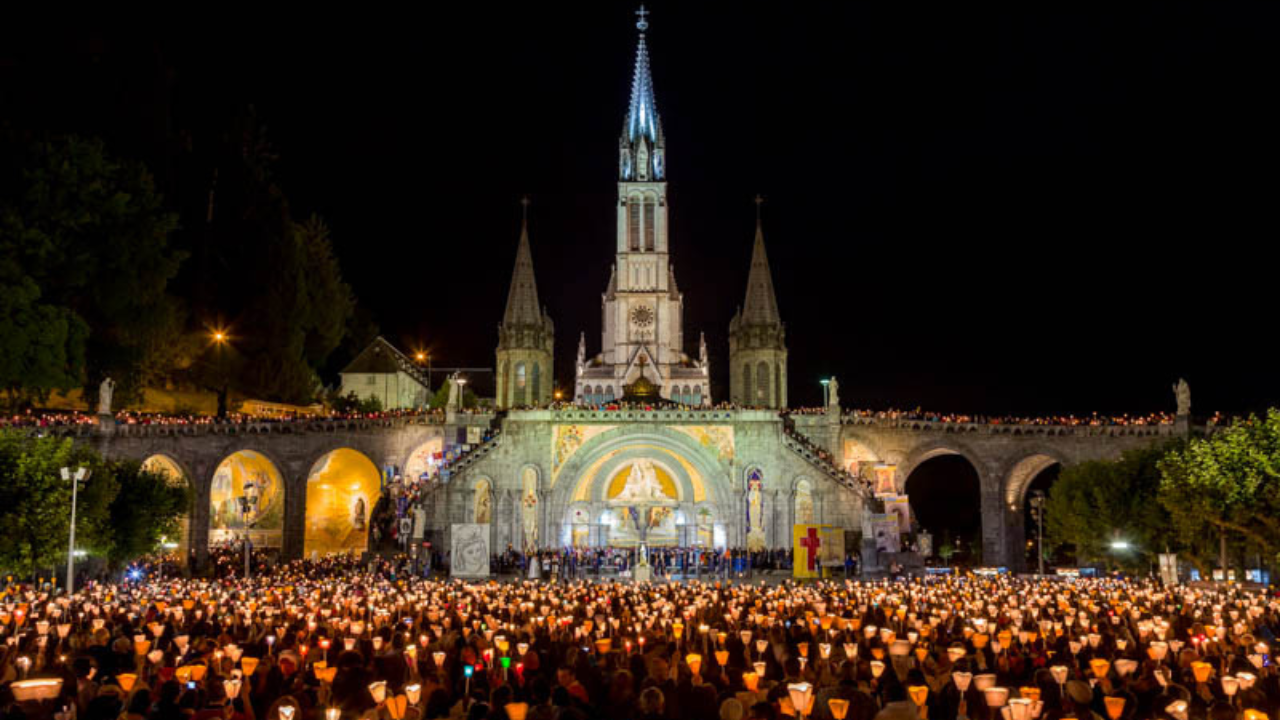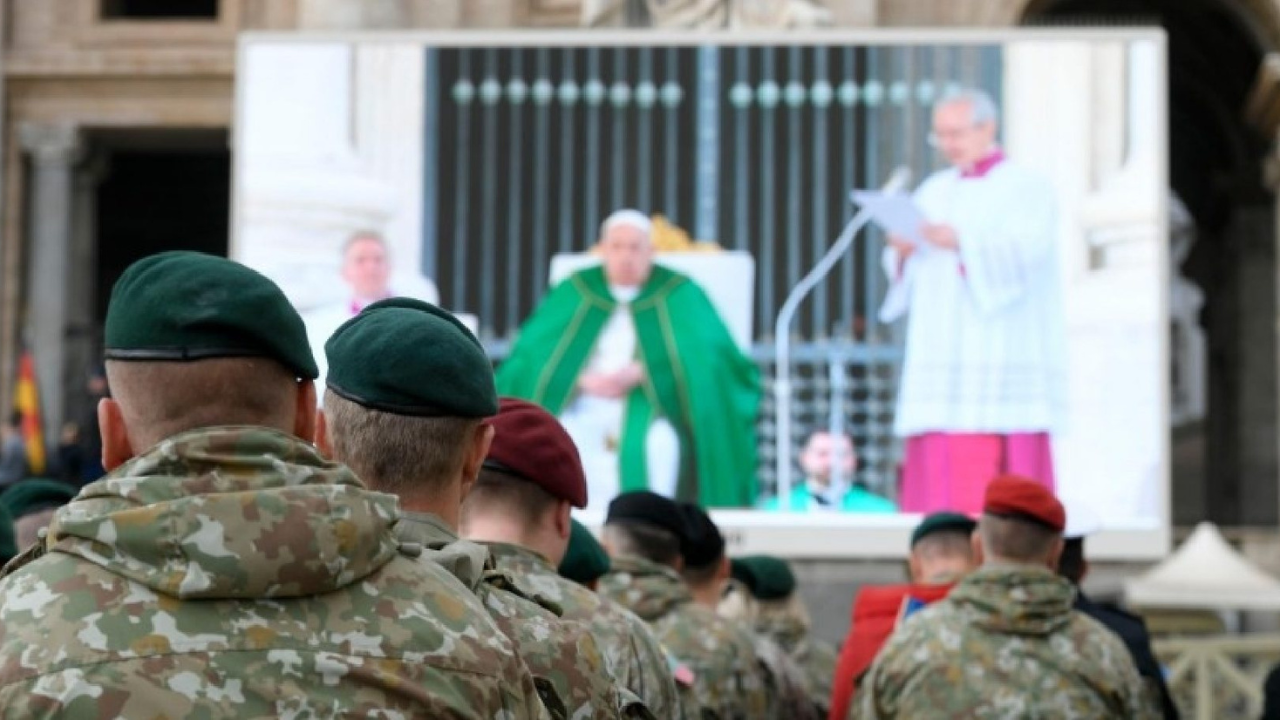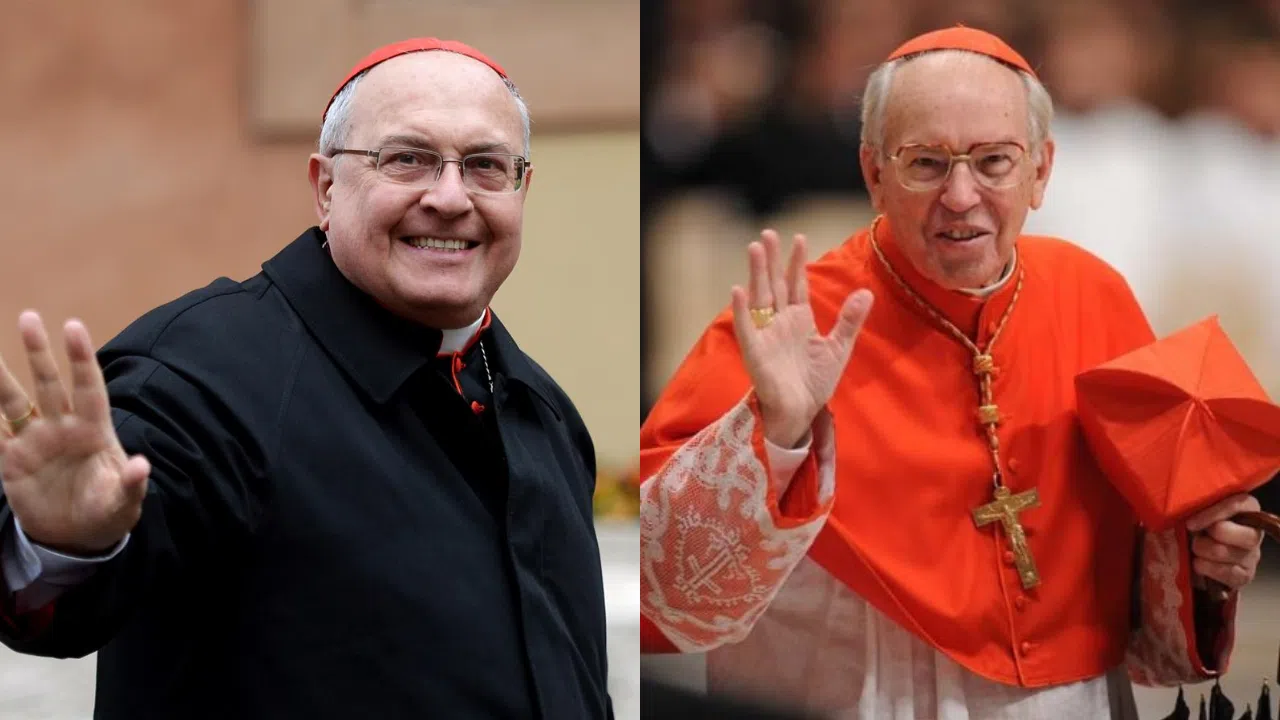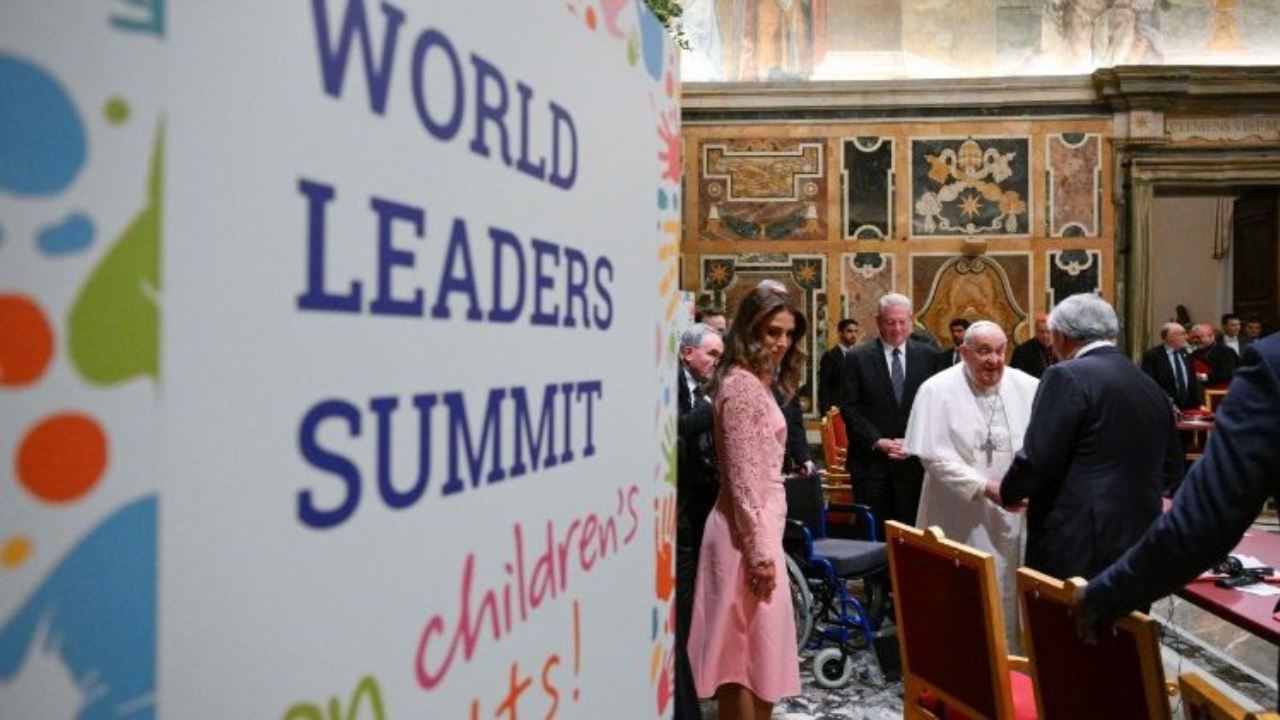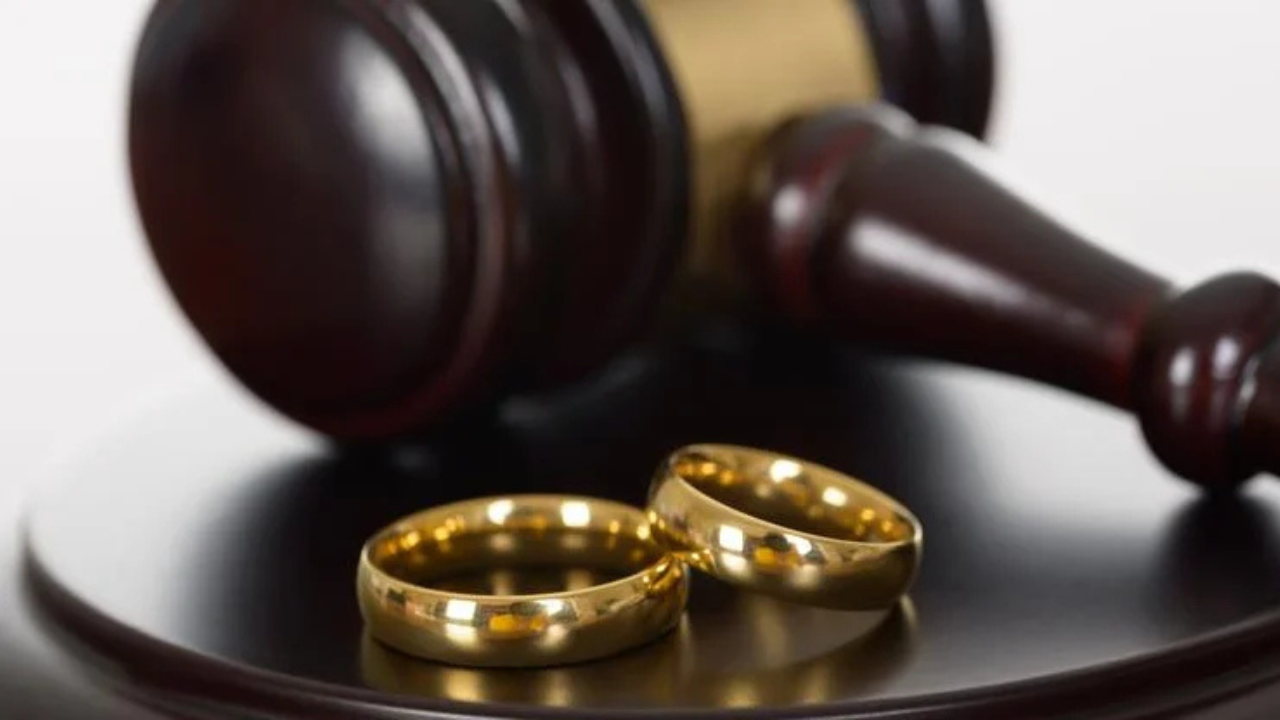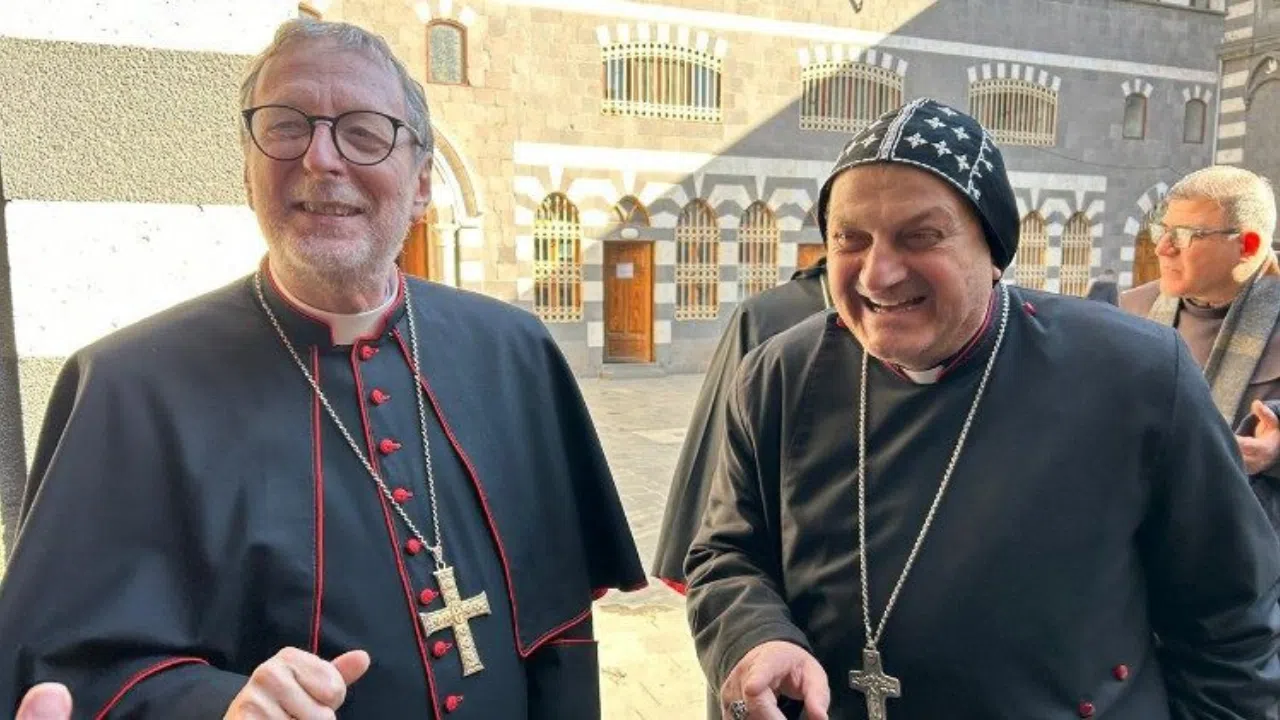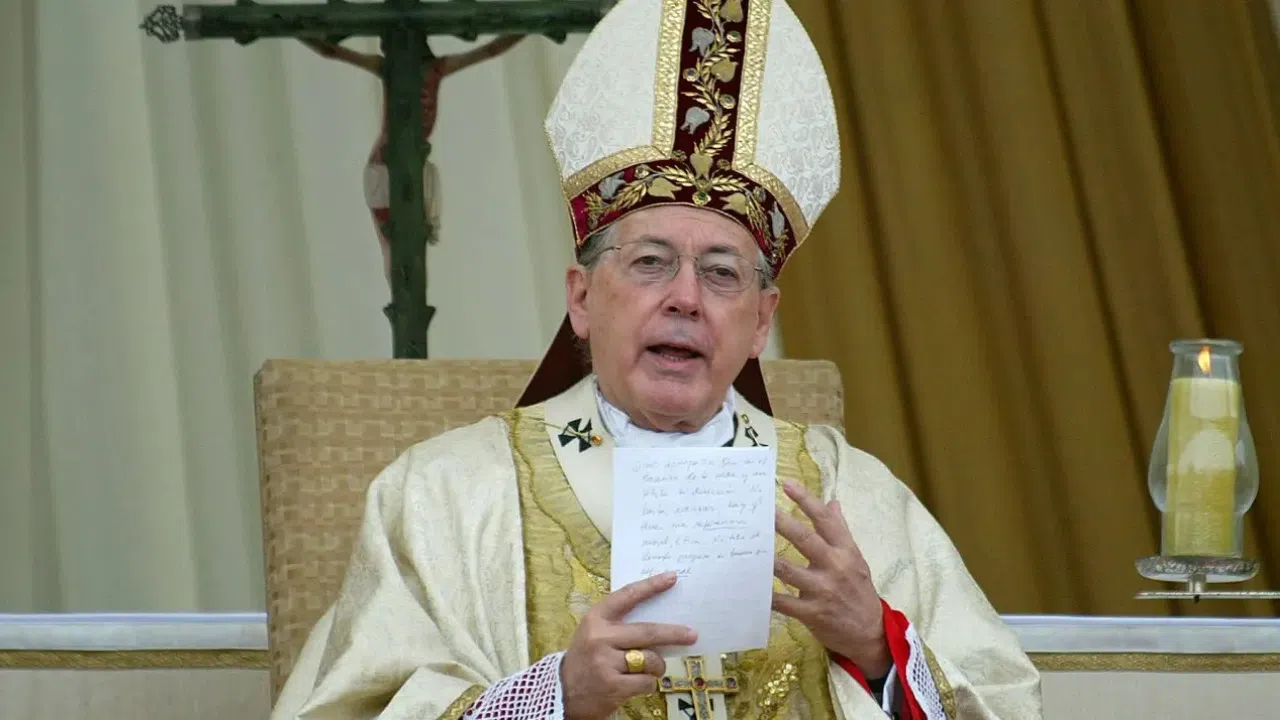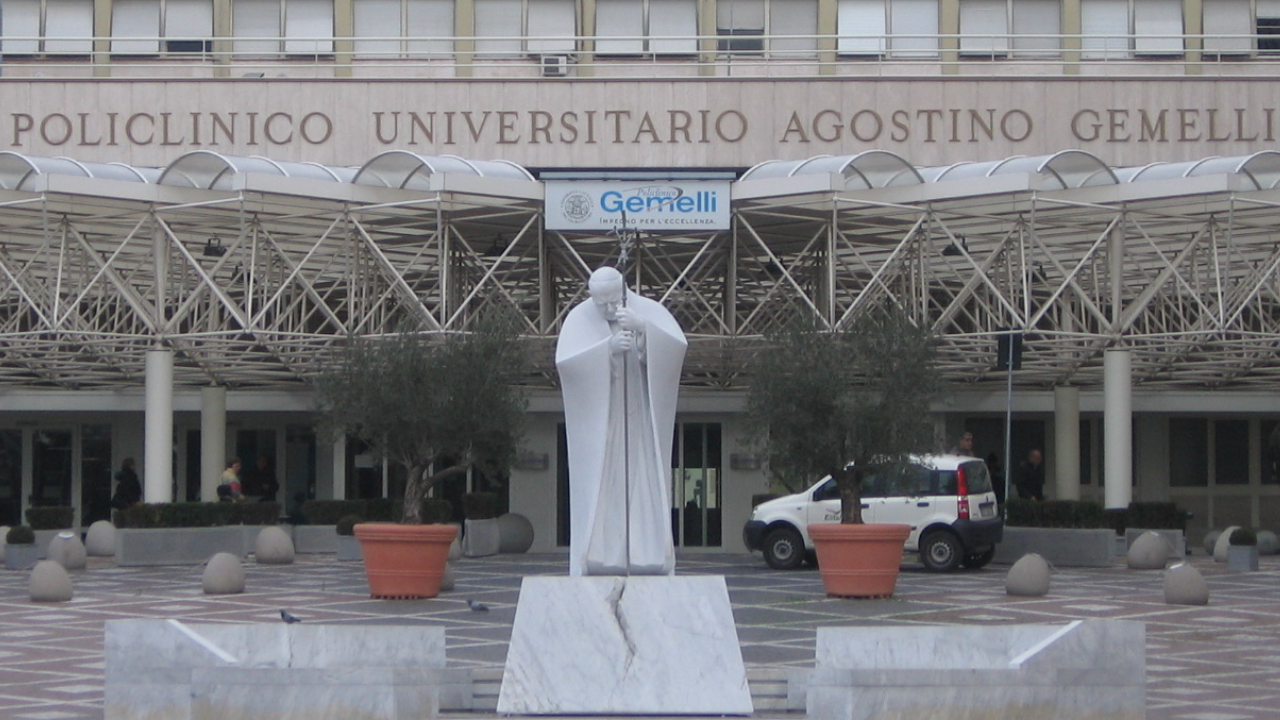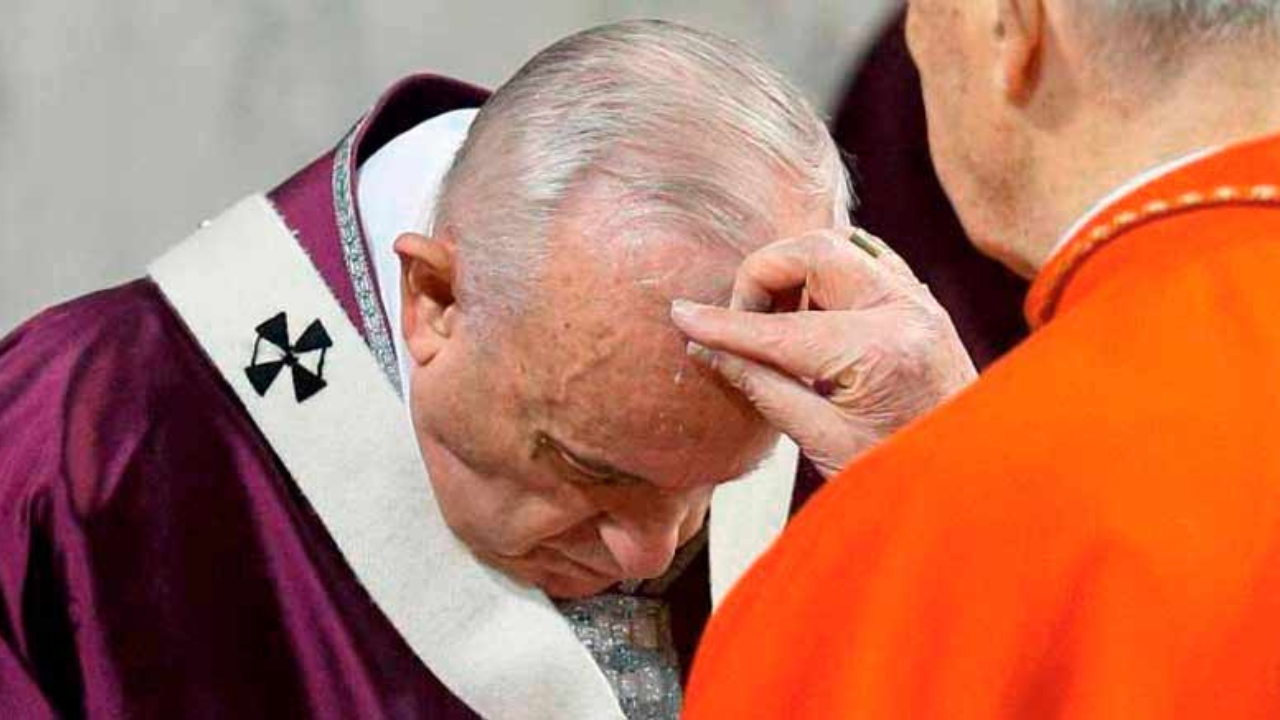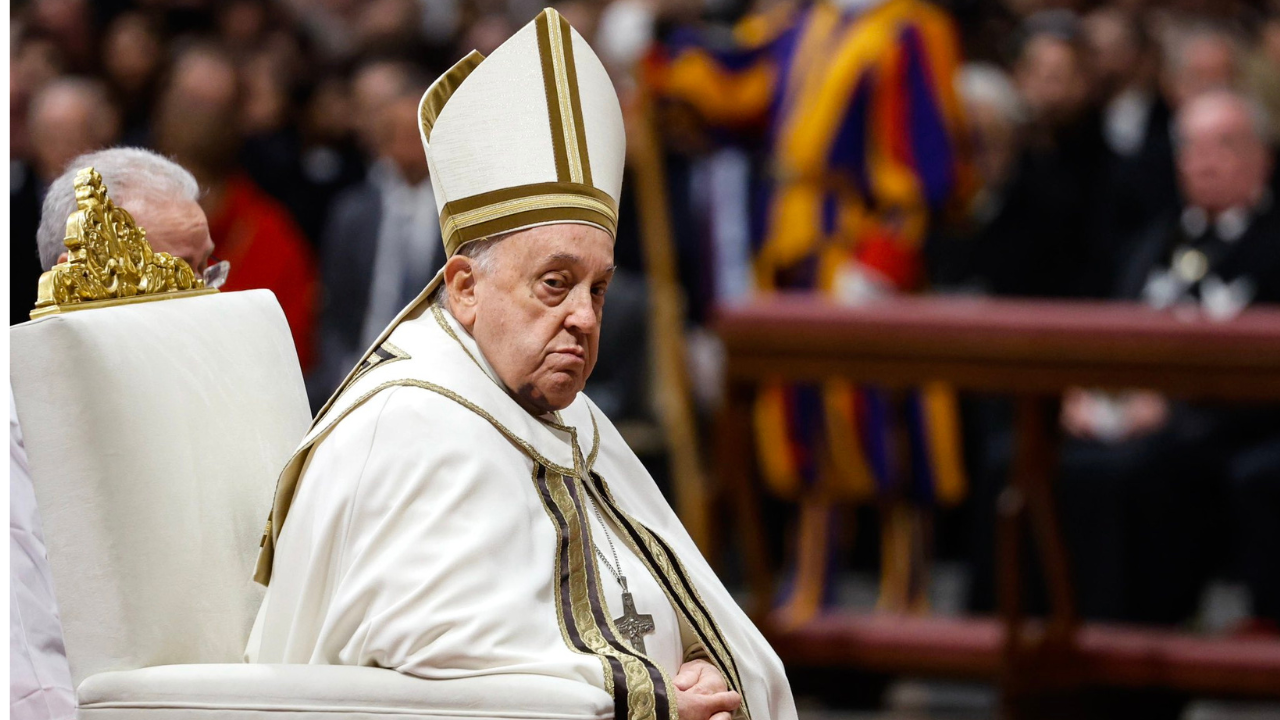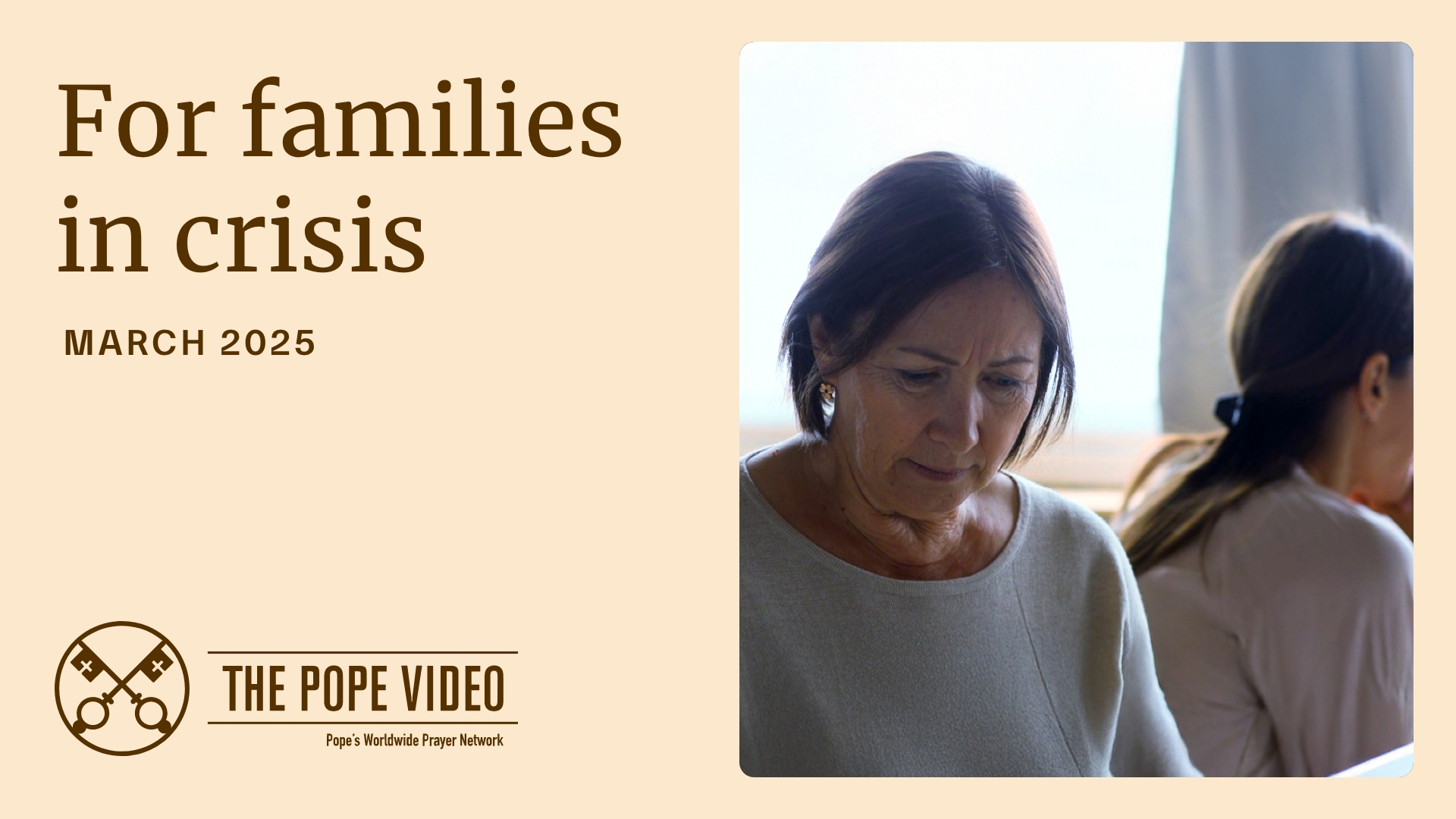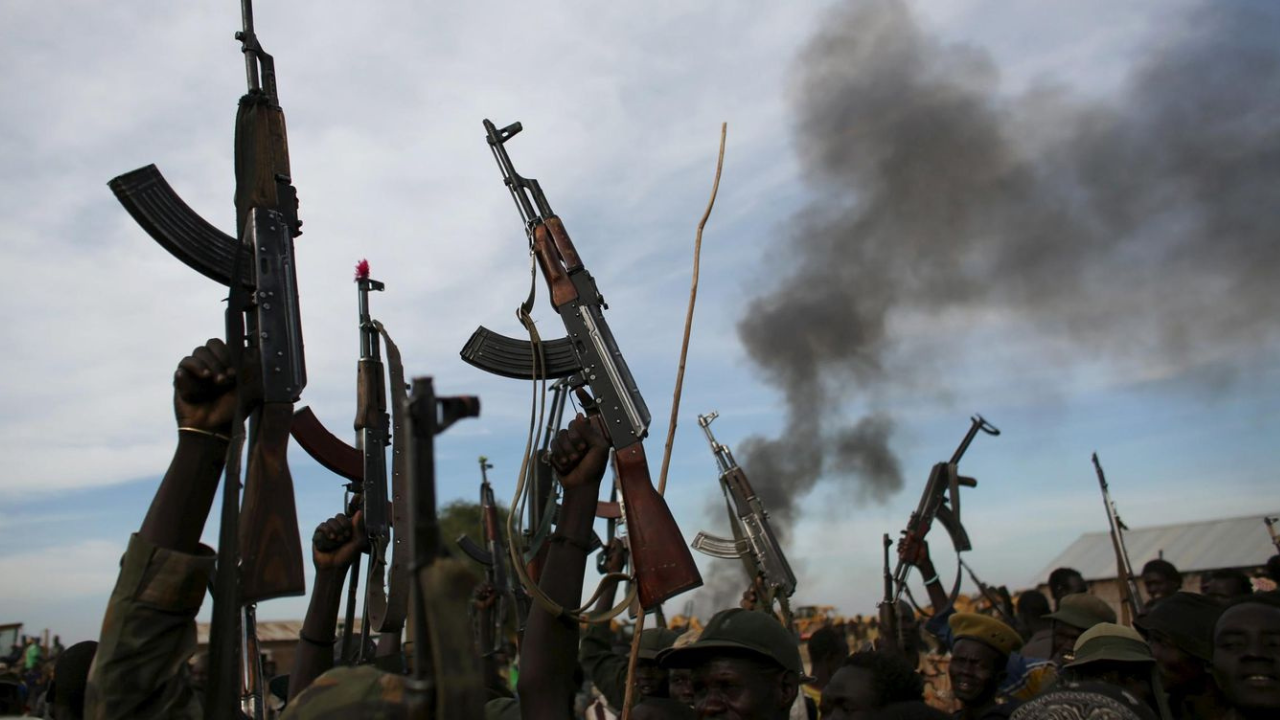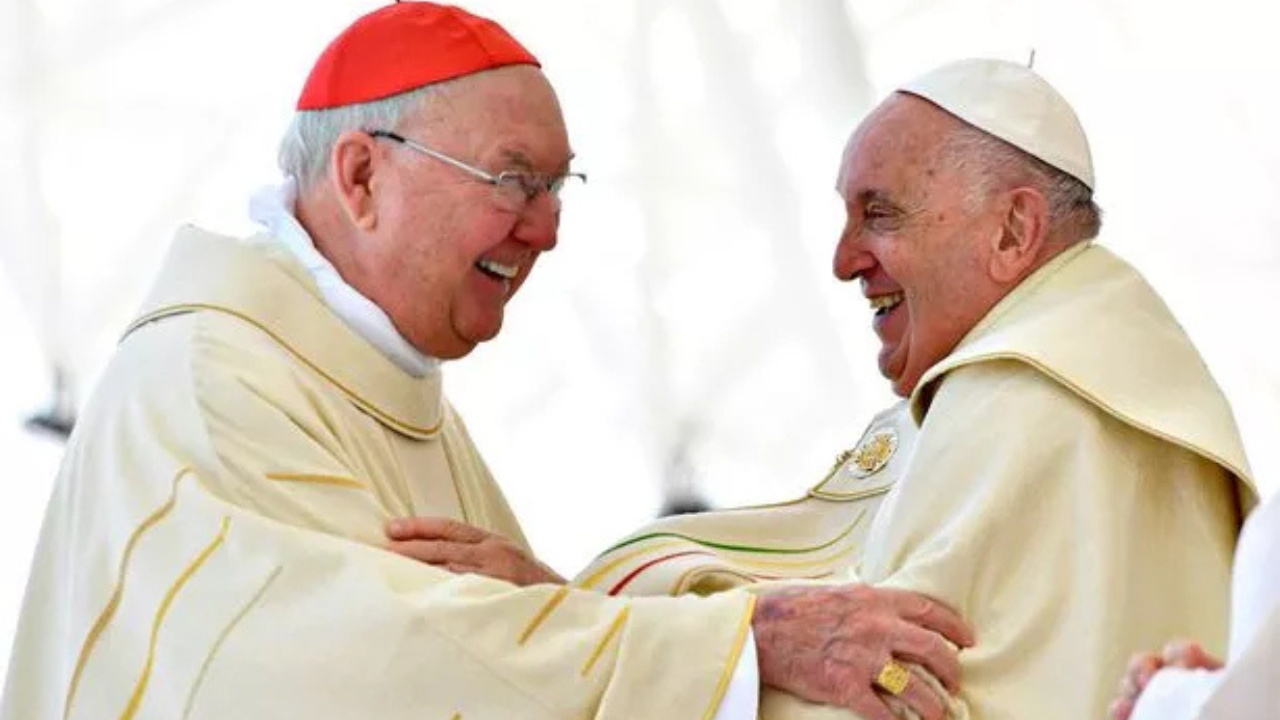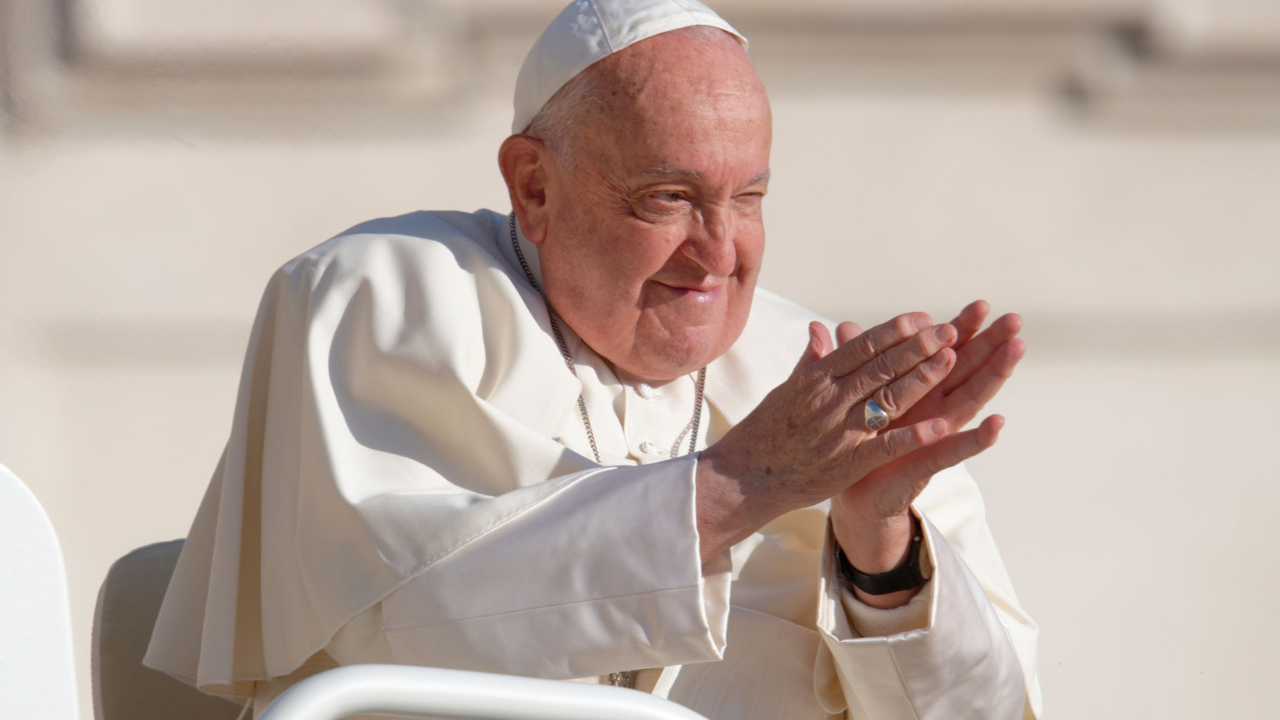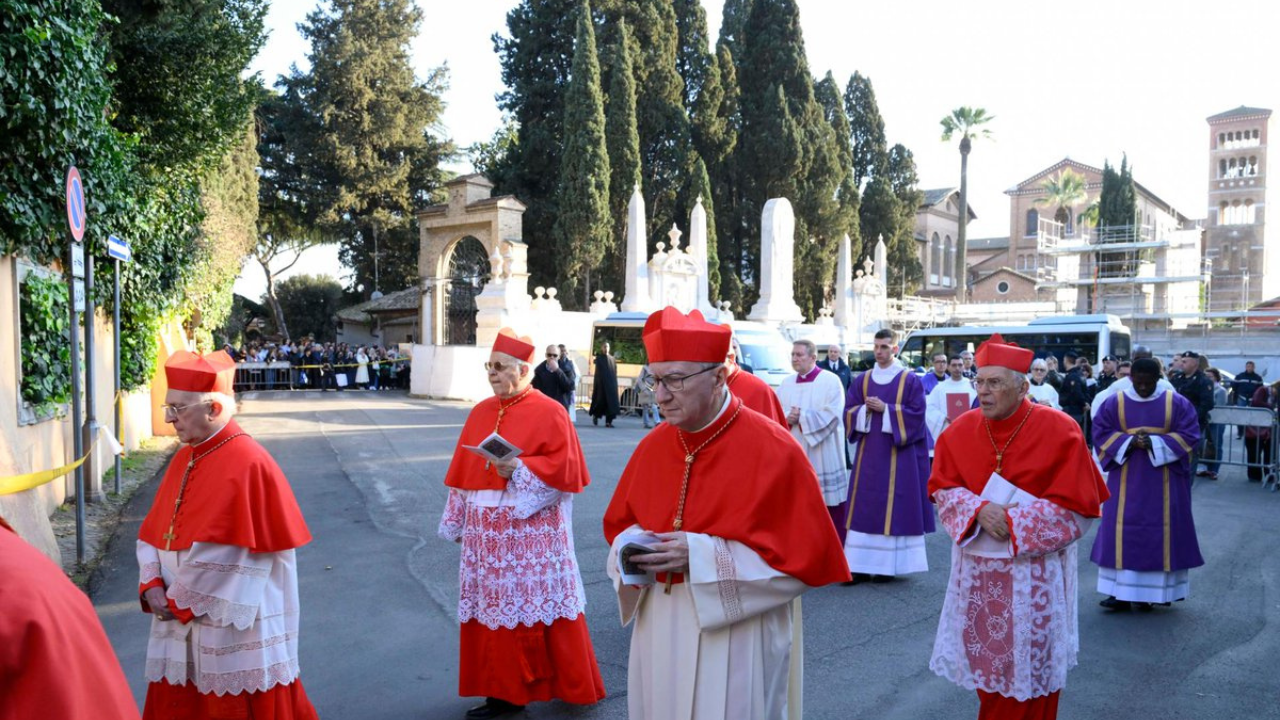Pope Francis has taken new concrete steps in tackling abuses. He has introduced two new laws, one for Holy See employees and another for those in the Vatican State. There are also new guidelines for preventing abuses during pastoral care in the Vatican.
The new laws are seen also as an example for other Church institutions and include important rules.
It says from now on every time a Vatican official hears a case of abuse, related to the Holy See institutions, they must report it immediately to the Vatican Prosecutor. It insists that in all cases the victims should be invited also to make the complaint themselves.
It is also establishing a new office in Vatican City to who victims can turn to denounce a case of abuse.
It states that all victims must be heard and informed of the process and measures taken against the abuser.
The pope adds that in order to work in the Vatican it must be proven the candidate can properly interact with minors and vulnerable adults.
Furthermore, a person found guilty of abuse will lose their job and position in the Vatican. The two new norms are not canonical but civil. So it does not exclude a canonical trial of the accused. This would also include new sanctions.
These laws reflect what Pope Francis talked about at the conclusion of the Vatican's world Summit on Abuse.
POPE FRANCIS
“(These parameters) serve as rules and not simply indications. No abuse should ever be covered up (as was often the case in the past) or not taken seriously sufficiently, since the covering up of abuses favors the spread of evil and adds a further level of scandal.”
The new laws also include updated procedures. For example, the statute of limitations of abuse has been extended to 20 years after the minor turns 18. Until now, the statute of limitations in the Vatican City was only for four years. It also legally equates minors with vulnerable adults.
The guidelines establish that in order for an adult to contact a minor by telephone or on social networks, the written permission of the parents and guardians must be required. Additionally, minors cannot be photographed without the permission of the parents or guardians.
The Vatican is preparing another law on addressing specifically the production and possession of pornographic material; and a practical guide for bishops on how to deal with cases of abuse.

